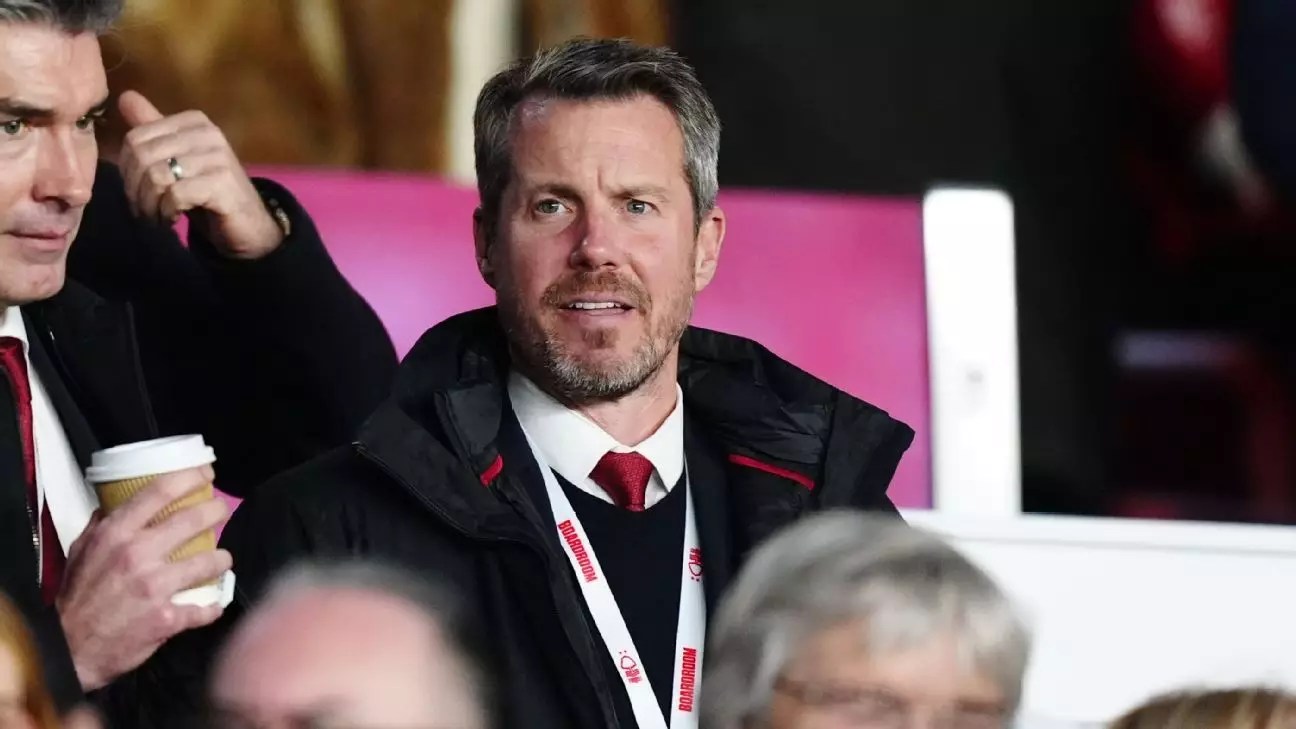Liverpool Football Club’s recent transfer activity signals a fundamental shift in their approach to squad building. Traditionally, the Reds have been known for their measured, calculated investments—focusing on nurturing talent and maintaining financial stability. However, with a record expenditure nearing £300 million this transfer window, this pattern is visibly evolving. While critics might argue that such spending risks destabilizing the club’s fiscal health, the club’s leadership, particularly CEO Billy Hogan, insists this is a carefully calibrated strategy rooted in long-term planning. They emphasize that this isn’t a hurried frenzy but a considered response to a new chapter—one where the club aims to cement its status as a true global powerhouse.
Long-Term Vision Underpins Immediate Action
What does this financial outlay truly represent? At its core, it exemplifies Liverpool’s desire to ascend beyond their traditional limits. Hogan’s comments about “years in the making” highlight that this is part of a broader blueprint rather than an impulsive splurge. The club’s goal is to sustain success by cultivating a cycle of growth—boosting revenues through global branding, expanding their fan base, and making rational investments into top-tier talent. The echoes of this logic are evident in the sale of players like Trent Alexander-Arnold, which has already generated significant funds to reinvest in the squad. This sustainable cycle is designed to enhance on-field performance without jeopardizing the club’s financial integrity.
The Cultural and Commercial Dimensions of Ambition
Liverpool’s ambitions extend well beyond the pitch. The club’s plans involve tapping into markets in Asia—whether through star-studded matches in Hong Kong and Yokohama or by attracting global superstars to Anfield. Hogan’s remarks about the “massive global stars” and the desire to fill stadiums worldwide denote a broader cultural strategy. Liverpool is clearly positioning itself as a brand that commands not just local but international attention. This global outreach, paired with hefty investments, signals a shift toward aligning their financial power with their historic stature—a move that could redefine their future competitiveness in both European and global contexts.
Is This the Price of Modern Success?
In essence, Liverpool’s recent spending spree is emblematic of a relentless chase for modern dominance. The club’s leadership recognizes that to remain competitive, they must invest heavily in star talent and infrastructure, even if that means temporarily straining their budget. The key question remains whether this bold approach will translate into sustained success on the pitch. While some may view it as high-risk, the club’s emphasis on strategic planning and financial discipline suggests they believe the rewards outweigh the potential pitfalls. If Liverpool can leverage this new era of investment effectively, they might secure their position at the pinnacle of football for years to come. This daring financial move underscores a belief that greatness today requires more than legacy—it demands a willingness to evolve aggressively in a fiercely competitive landscape.


Leave a Reply